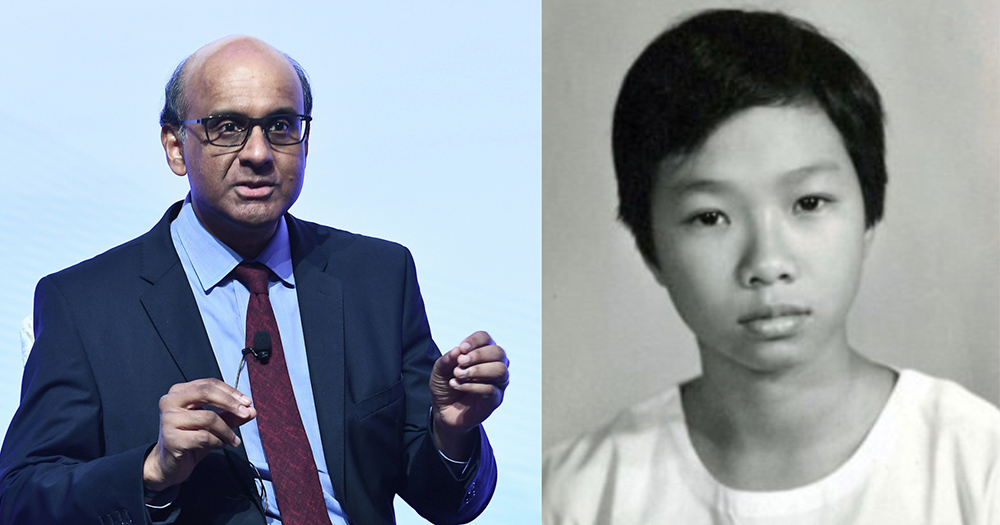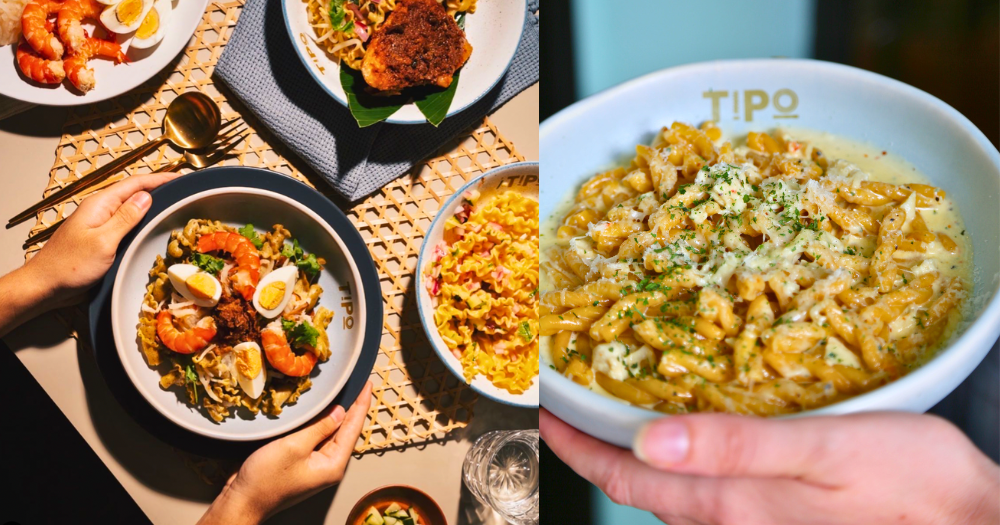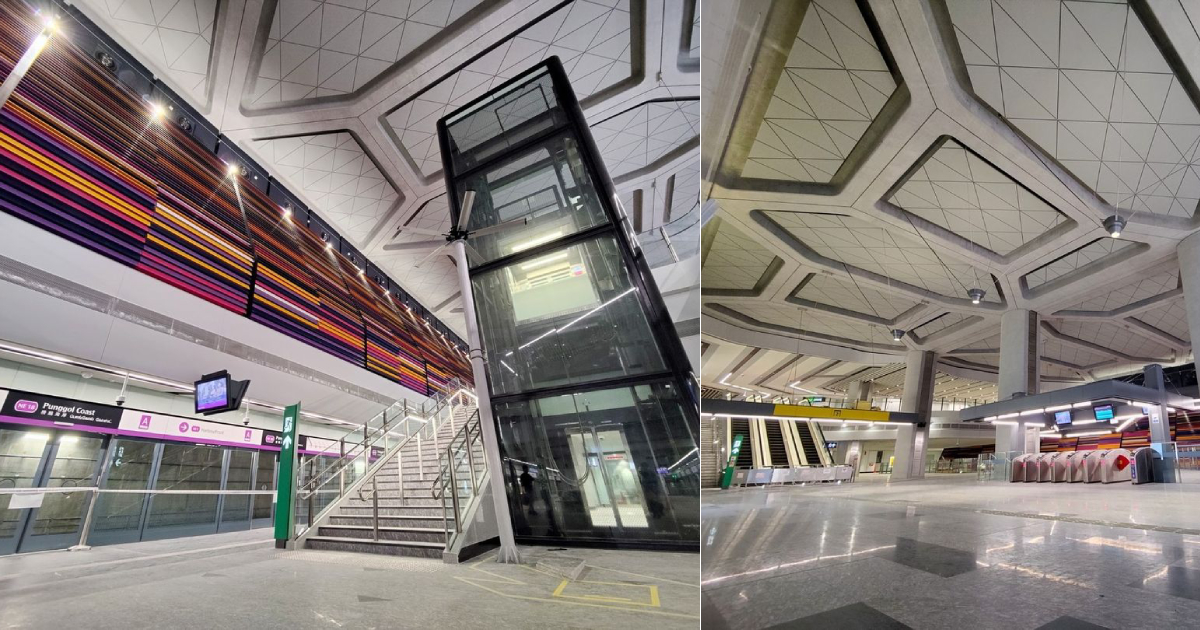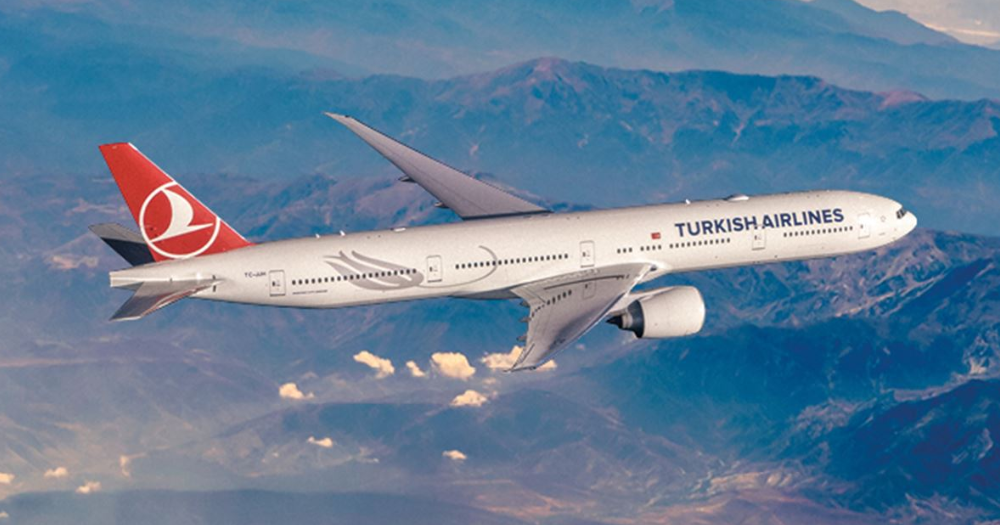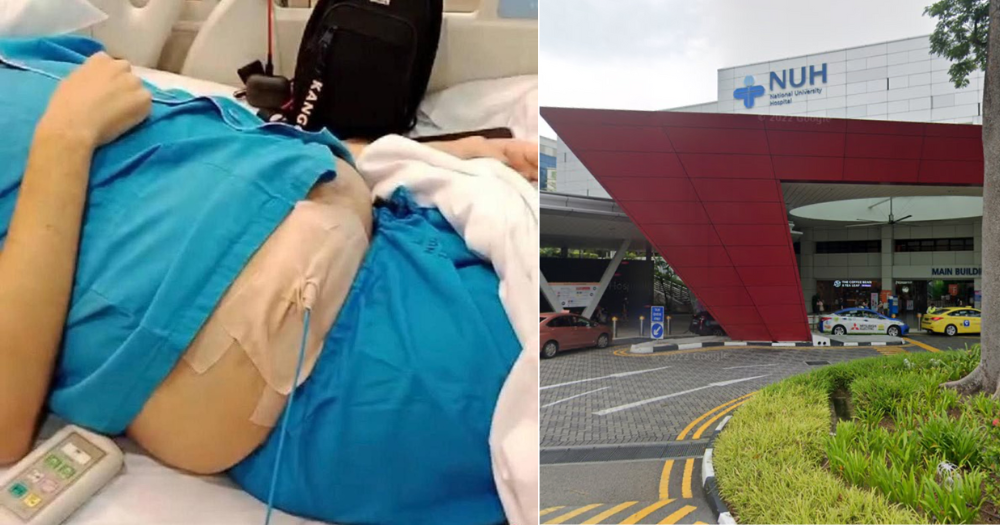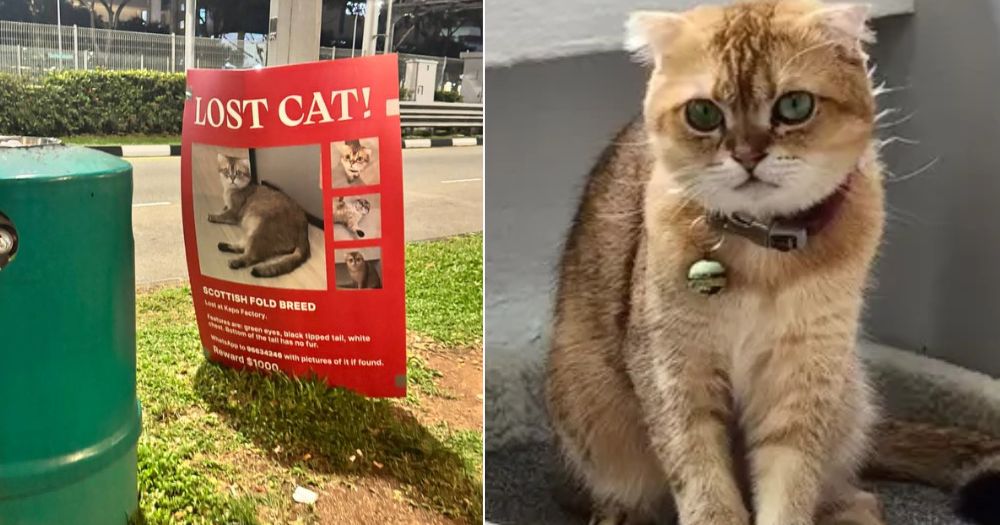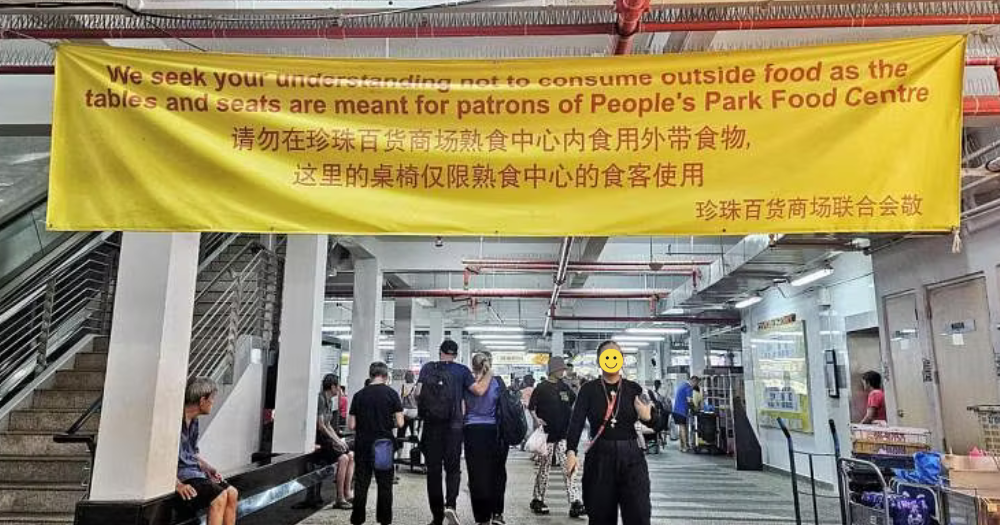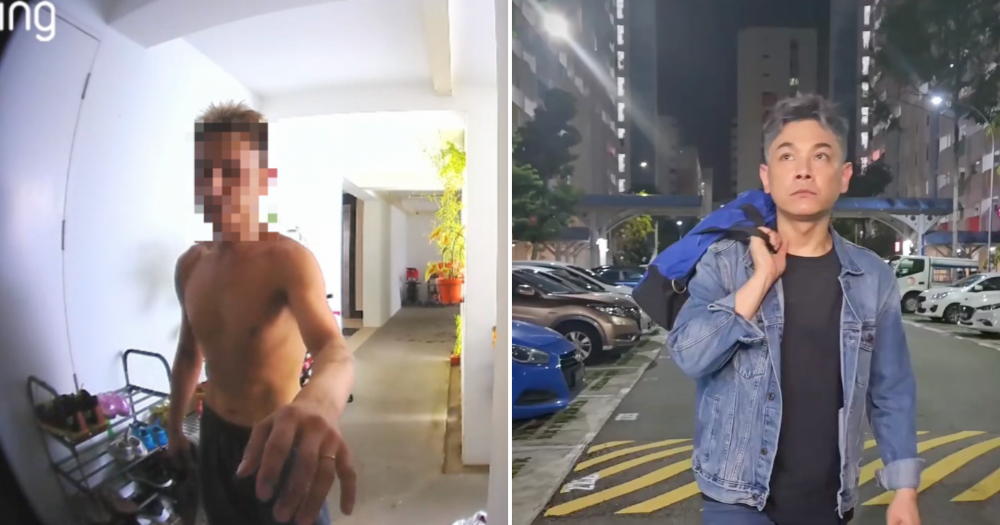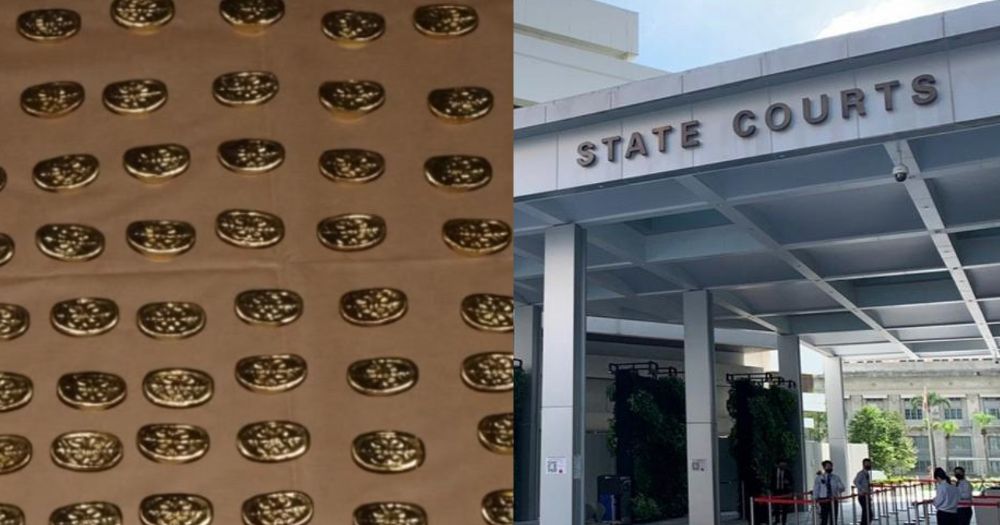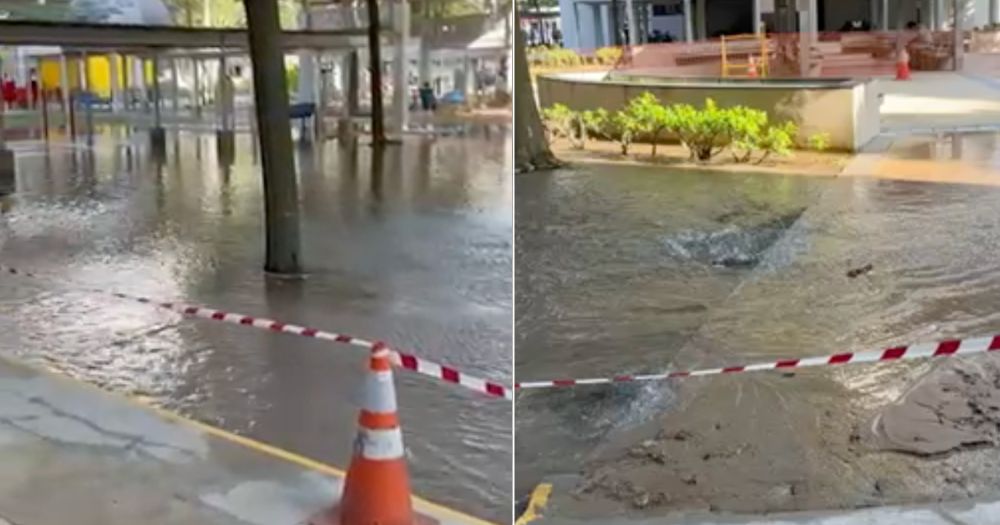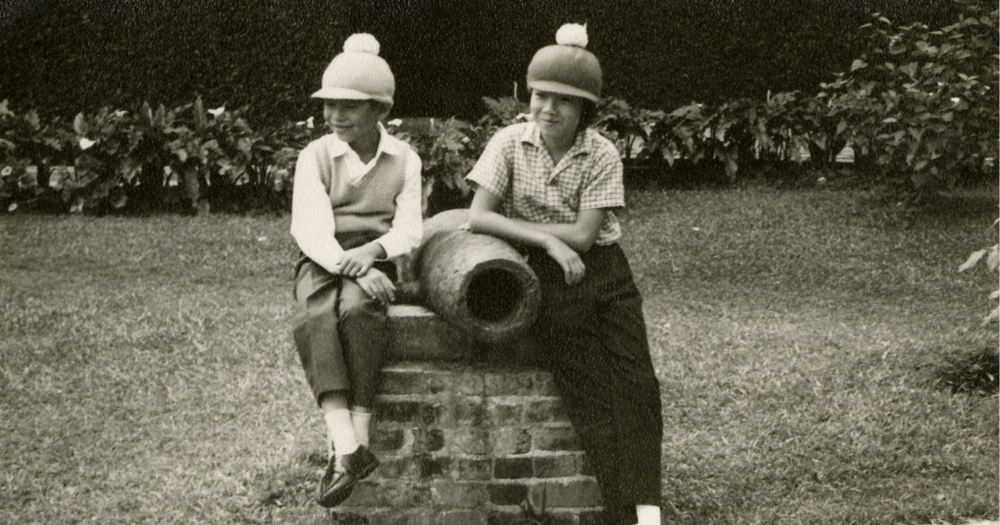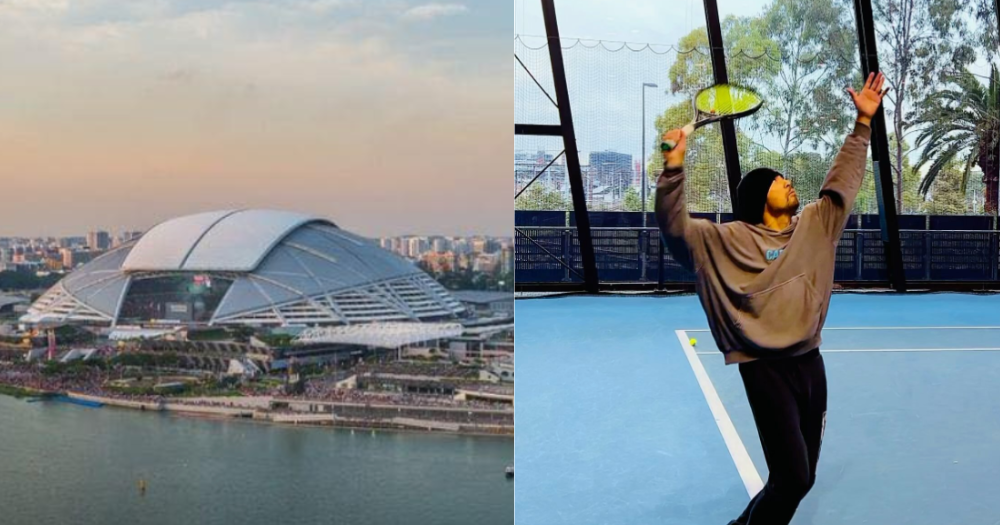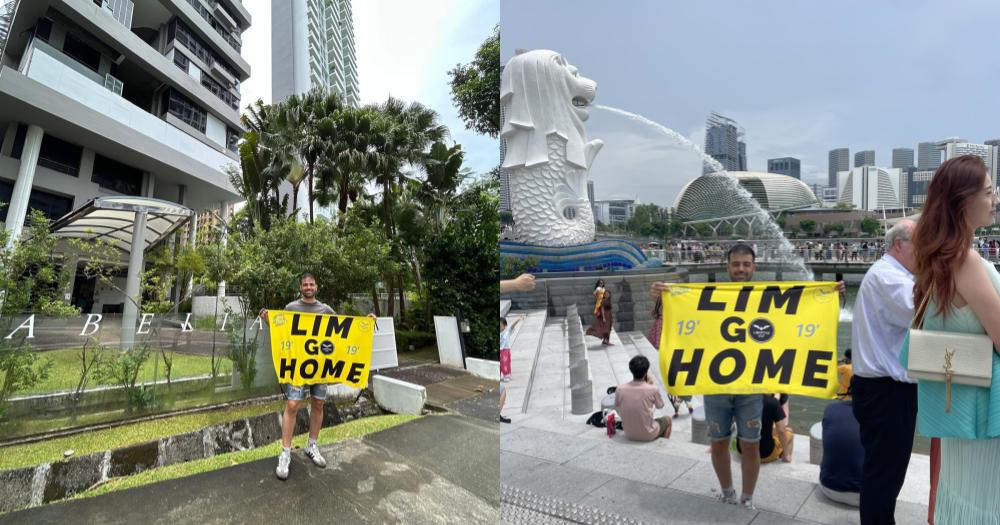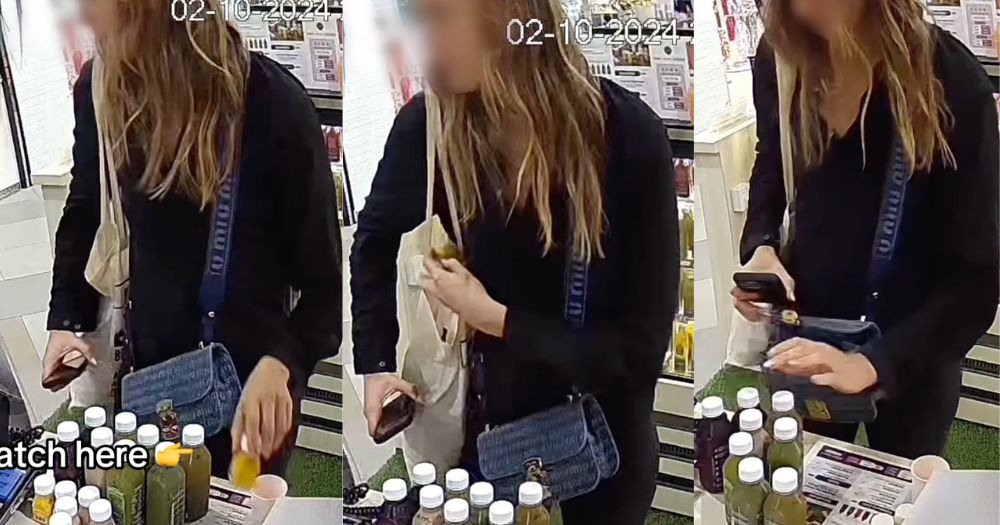ADVERTISEMENT
From 2026, Higher Mother Tongue qualification in Sec 1 will not be tied to overall PSLE scores
MOE will also increase younger students' exposure to mother tongue, from as early as kindergarten.


 Singapore's education minister Chan Chun Sing announced that there would be more opportunities for secondary school students to take up higher mother tongue languages (HMTL).
Singapore's education minister Chan Chun Sing announced that there would be more opportunities for secondary school students to take up higher mother tongue languages (HMTL).
He was speaking at the 13th Mother Tongue Languages Symposium (MTLS) on Sep. 14.
The Ministry of Education (MOE) will also introduce a new structured mother tongue reading program in primary schools, as well as a pilot to develop interest in mother tongues for preschool children.
The announcements followed statements made during the 2024 National Day Rally by Prime Minister Lawrence Wong.
"As high a level as possible"
Chan announced that from 2026, students only need to do well in their mother tongue in their Primary School Leaving Examinations (PSLE) to be offered Higher Mother Tongue Language (HMTL) at Secondary One.
Currently, to ensure that students can cope with the overall curriculum load, being able to take up HMTL is tied to a student’s overall PSLE score.
A student must achieve an overall score of eight or above, or between 9 and 14, along with a PSLE MTL score of AL1/AL2; or achieve a HMTL score of distinction/merit, in order to take HMTL in secondary school.
However, from 2026 onwards, Secondary One students who obtain AL1/AL2 in MTL or a distinction/merit in HMTL at PSLE, will be able to take HMTL as a subject in secondary school.
As quoted by CNA, Chan said: “All of us have different strengths and talents. Some students may be strong in languages but not in other subjects.”
“We will support more of the students to take higher mother tongue, so they can learn their MTL to as high a level as possible.”
Bilingualism, and programs to encourage it
Chan also spoke about the importance of upholding bilingualism in Singapore’s education system.
“As a nation comprising various ethnic and language communities, bilingualism is a cornerstone of our education system and continues to stand as a fundamental pillar of our national identity.”
He added that upholding bilingualism will “strengthen our social fabric”.
Two new policies will be introduced to help inculcate a stronger relationship with MTL in the young.
Reading program
The first will be a reading program called MTL SOAR, to be introduced in primary schools from 2025.
Primary One and Two students will have 30 minutes of their MTL curriculum time dedicated to reading and library activities.
The program will be progressively rolled out to all levels by 2029.
MTL SOAR will see teachers use age-appropriate supplementary readers from the 2024 primary MTL curriculum.
Schools will be provided with resources such as reading passports and guides for teachers, students and parents.
Schools will also be provided with recommended reading lists, to be curated by the National Library Board.
This will enhance existing efforts in developing positive MTL reading habits in students from young.
Pilot program
The other initiative will be a pilot program to increase the level of MTL exposure in MOE kindergartens (MK).
MOE will conduct the pilot program in two locations, MK@Hougang, and MK@Elias Park.
The pilot will increase kindergarteners’ MTL exposure by 30 minutes a day starting with the 2025 K1 cohort.
This would increase the time spent on MTL curriculum daily from one hour to one and a half hours, and provide more opportunities for MK children to learn and use their mother tongue with their teachers and peers.
The pilot program will eventually be scaled up to include more MOE kindergartens.
Different universes
The symposium also honoured 14 preschool teachers as outstanding preschool mother tongue language teachers.
The awards were to recognise the contributions of preschool teachers in making the learning of mother tongue engaging, as well as nurturing a love of the mother tongue in preschool children.
Chan spoke glowingly about bilingualism at the symposium, saying that the ability to speak two languages and understand two cultures enabled Singaporeans to maintain a strong link to their heritage, as well as forge connections with people around the world.
“It allows us to access different universes with culture, customs, and nuances.
In the process, we learn to appreciate diversity and integrate different perspectives.”
Related story
Top image via Chan Chun Sing/Facebook
ADVERTISEMENT
ADVERTISEMENT
MORE STORIES







